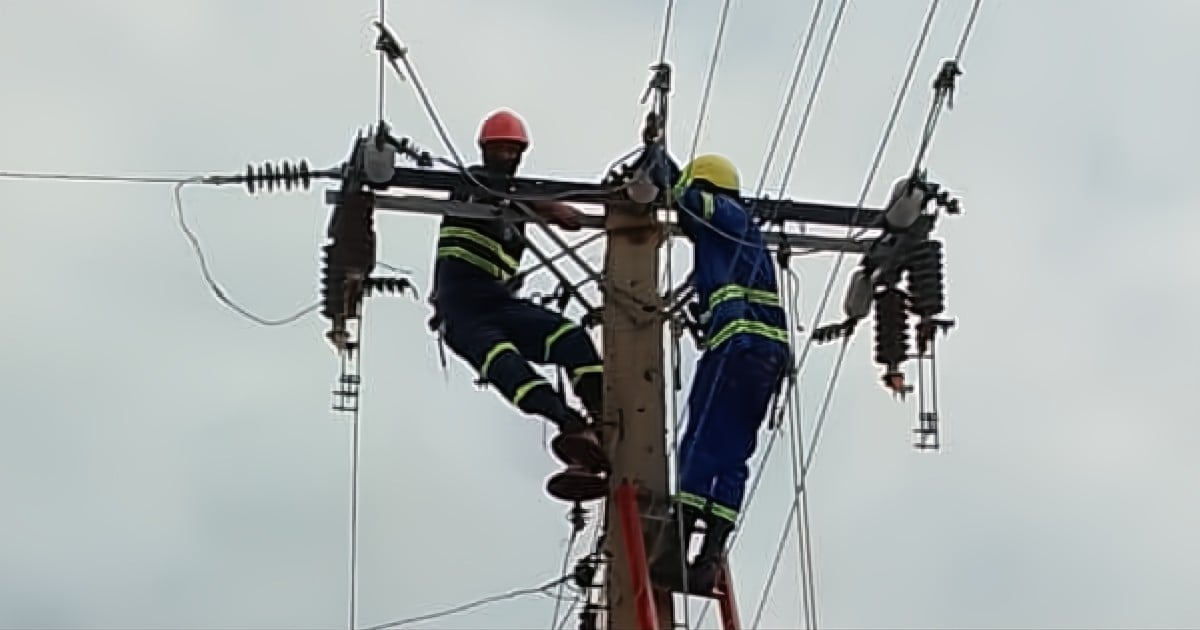
The province of Pinar del Río, the westernmost in the country, reconnected to the National Electric System (SEN) on Monday night, after the transmission lines to that area were damaged by Hurricane Rafael.
At around eleven o'clock on Monday night, the authorities of the Communist Party in that territory reported on the connection of the province.
However, it took more than 120 hours without electricity for many families to once again enjoy this essential service.
A report on this situation was provided by José Rolando Casares Soto, an independent journalist and opposition figure, who stated that the city is virtually in darkness, except for a few specific areas such as the facilities of the Empresa de Telecomunicaciones de Cuba S. A. (ETECSA) and the area known as Reparto Los Militares, which have power while the rest of the residents in Pinar del Río contend with darkness and its consequences.
"In addition to the lack of power, the journalist reports a significant police presence on the streets of Pinar del Río, which heightens the tension in the city," explained the non-governmental organization Cubalex in a post.
On Monday, official media from that province reported issues with the attempts to reconnect to the national electricity grid.
According to Tele Pinar, citing statements from Yosvany Torres, the chief specialist in the Technical Directorate of OBE Pinar del Río, workers from that company would travel approximately 50 kilometers to locate and resolve the issue that was preventing electricity from reaching the province.
Hurricane Rafael, which made landfall in Cuba on November 6, 2024, as a Category 3 cyclone, caused a total disconnection of the National Electric System due to the strong winds that impacted the island's energy infrastructure. This widespread blackout left the entire Cuban population without electricity, exacerbating the already critical energy situation the country was facing.
Before the impact of Rafael, Cuba was already experiencing an energy crisis marked by frequent and prolonged blackouts, a result of a chronic deficit in electricity generation.
The electrical infrastructure, mostly consisting of thermal power plants over 40 years old, is in a precarious state due to a lack of maintenance and resources. The arrival of Rafael exacerbated these difficulties, leaving millions of Cubans without access to basic services and complicating recovery efforts in the hardest-hit areas.
What do you think?
COMMENTFiled under: